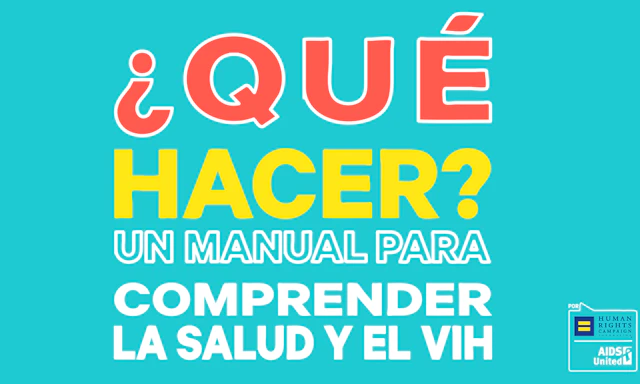
Cookies in use
Coming Out: Living Authentically as LGBTQ+ Latine Americans

HRC Foundation's Coming Out: Living Authentically as LGBTQ+ Latine Americans resource is designed to aid LGBTQ+ Latine Americans in navigating the intersectional challenges when coming out.
Coming out is a personal choice, and the lifelong coming out experience is different for everyone. For those of us who identify as LGBTQ+ and as Latine Americans, the coming out process can be even more complex to navigate. Often, it requires a unique approach that can cut across multiple languages, cultures, nationalities, religious identities and family generations.
To learn more about LGBTQ+ Latine Youth, read HRC’s latest Latine Youth report.
To view this resource in Spanish, please follow this link.
Para ver este recurso en español, por favor visit https://hrc.im/SalirDelClosetLatinoamericanes

Coming Out: Living Authentically as LGBTQ+ Latine Americans
- Topics:
- Coming Out
- Communities of Color
- Research
Love conquers hate.


